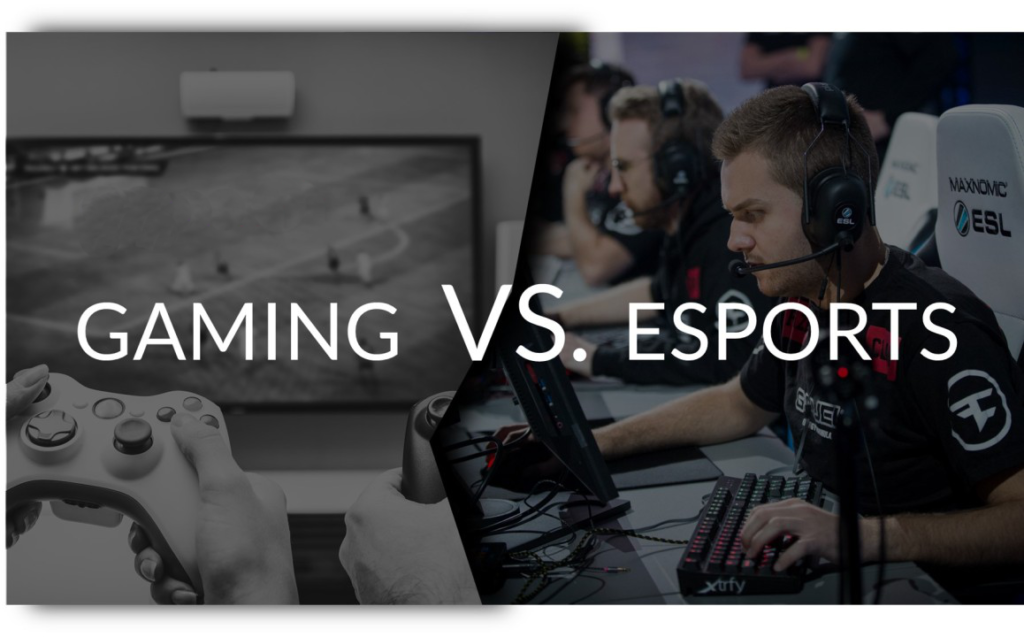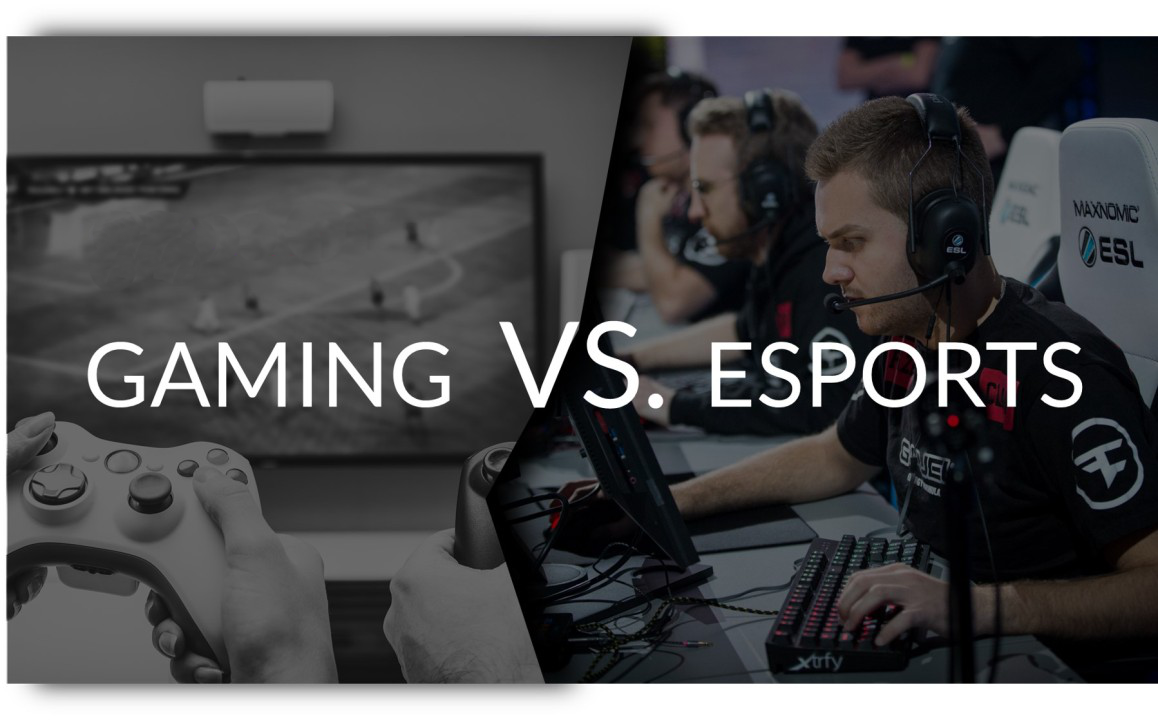Gaming and Esports: Exploring Two Sides of the Digital Arena
In the vast expanse of digital entertainment, two distinct yet interconnected realms reign supreme: gaming and esports. While both involve interactive experiences within virtual worlds, they embody distinct cultures, communities, and competitive landscapes. In this exploration, we delve into the nuances that differentiate gaming from esports, shedding light on their respective contributions to the ever-evolving landscape of digital entertainment.
Gaming: A Playground of Possibilities
At its core, gaming encompasses a broad spectrum of interactive experiences, ranging from single-player adventures to multiplayer escapades. It is a realm of boundless creativity, where players immerse themselves in virtual worlds, embarking on quests, solving puzzles, and shaping narratives according to their whims. From casual mobile games to sprawling open-world epics, gaming caters to diverse audiences, offering avenues for relaxation, exploration, and self-expression.
Esports: The Arena of Competitive Gaming
In contrast, esports represents the competitive facet of gaming, where players hone their skills and vie for supremacy on a global stage. Esports tournaments feature professional gamers competing in popular titles such as League of Legends, Dota 2, and Counter-Strike: Global Offensive, among others. These events attract millions of viewers worldwide, who tune in to witness the intense battles, strategic maneuvers, and nail-biting suspense unfold in real-time.
Distinguishing Characteristics
While gaming and esports share a common foundation in interactive entertainment, several key distinctions set them apart:
- Competitive Focus: Esports revolves around structured competition, with players and teams competing for prizes, glory, and recognition. In contrast, gaming encompasses a broader spectrum of experiences, including casual play, exploration, and storytelling.
- Skill Development: Esports places a premium on skill development, strategy, and teamwork, as players strive to outmaneuver opponents and achieve victory. Gaming, on the other hand, may prioritize different aspects such as narrative immersion, puzzle-solving, or social interaction, depending on the individual player’s preferences.
- Community and Culture: Esports has cultivated a distinct community and culture, characterized by professional players, dedicated fans, and organized tournaments. Gaming communities, while also vibrant and diverse, may encompass a broader range of interests and playstyles, catering to players of all skill levels and backgrounds.
- Spectatorship and Entertainment: Esports events attract large audiences of spectators, both online and offline, who tune in to watch elite players showcase their skills in high-stakes competitions. While gaming can also be a spectator activity, it may involve different forms of engagement, such as Let’s Play videos, live streams, or interactive storytelling experiences.

Conclusion: Bridging Two Worlds
In conclusion, gaming and esports represent two sides of the same coin, each offering unique experiences and opportunities within the realm of digital entertainment. While gaming provides a canvas for creativity, exploration, and personal expression, esports elevates competition, skill, and teamwork to new heights. Together, they form a rich tapestry of interactive experiences, uniting players and spectators in a shared celebration of digital culture and innovation. As both realms continue to evolve and intersect, they enrich our lives with endless possibilities and boundless excitement in the ever-expanding digital arena.
